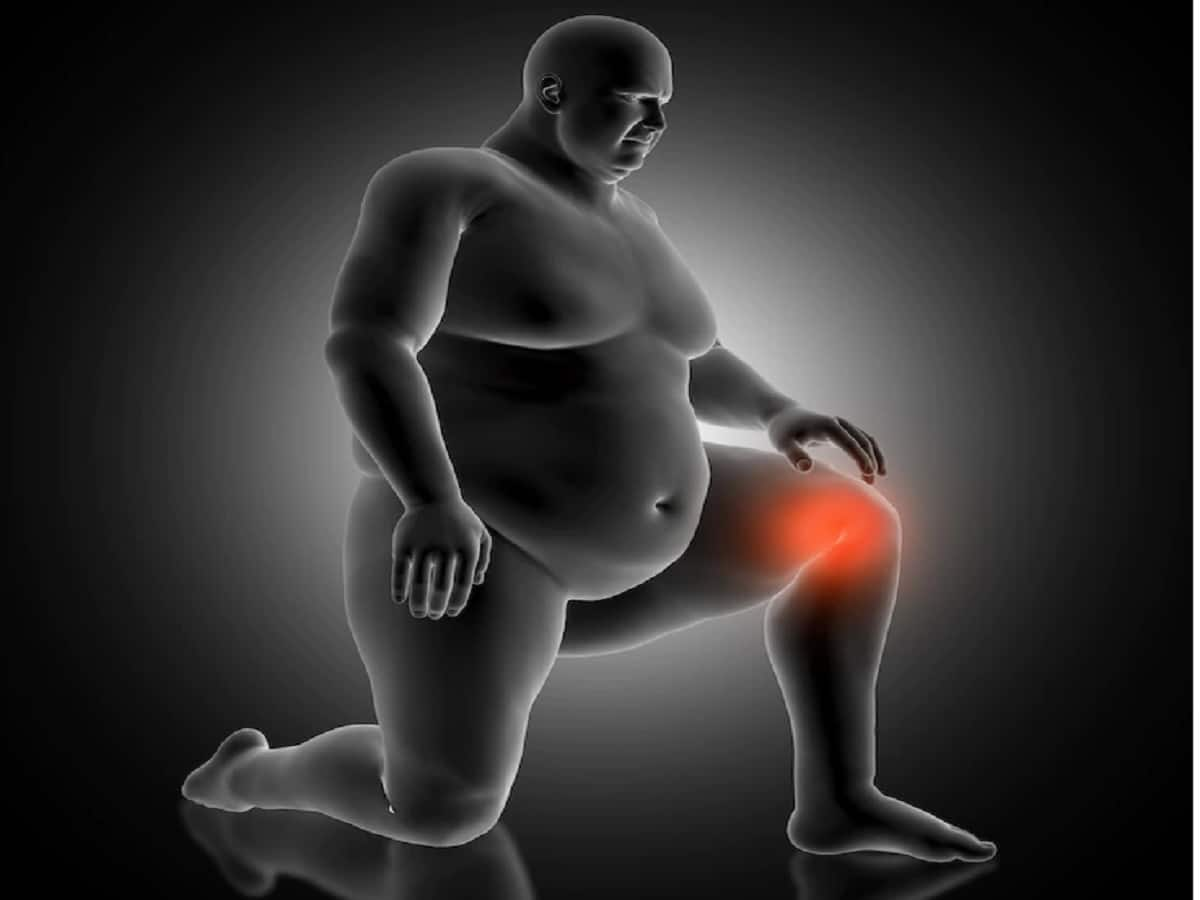 Knee problems are rampant in obese and overweight patients. Bariatric surgery might be a good option for those whose BMI is above 30.
Knee problems are rampant in obese and overweight patients. Bariatric surgery might be a good option for those whose BMI is above 30.
Getting rid of those extra kilos will not only improve your appearance, but also reduce your risk of many diseases. Obesity or overweight is the root cause of many health problems, including type 2 diabetes, heart disease, and sleep apnea. Overweight or obese people are more likely to suffer from knee pain, which is a leading cause of immobility in adults and senior citizens.
Dr Manish Motwani, Chief Bariatric Surgeon, Aastha Bariatrics, has raised concern over the rise in knee problems among obese and overweight patients in India. He said, “Over the last two years, among 2,000 OPD patients above 40, 80 per cent complained of knee pain.”
Obesity and knee problems: Understand the link
The expert also noted obese people are more likely to suffer from surgical complications and early postoperative complications after total knee replacement (TKR), and that they may also experience longer hospital stays.
Dr Motwani explained that when a person is overweight or obese, additional pressure is put on the knee joints which cause the wear-and-tear of the cartilage (a connective tissue that prevents your bones from rubbing together). Less cartilage suggests poorer cushioning, which could lead to various bone and joint problems and conditions, and ultimately osteoarthritis.
Osteoarthritis (OA) is more common than any other joint disease and it is one of the most prevalent comorbidities of obesity, which a modifiable risk factor.
Knee problems are debilitating and can leave one bedridden for life. To prevent knee problems, one needs to maintain an optimum weight. Apart from diet and exercise, weight loss surgery can benefit obese patients diagnosed with knee problems, the expert stated.
Dr Motwani said that the success rate of the TKR surgery is high in patients who had undergone bariatric surgery as “the weight reduces the pressure on the knee and better mobility is achieved.”
How to beat obesity and prevent knee problems
If you’re overweight or obese and are diagnosed with osteoarthritis, losing just 10 per cent of your body weight can lower your arthritis pain in half, Dr Motwani said.
By shedding 20 per cent more, the pain will be reduced by another 25 per cent or more, he added.
Losing weight can also help slow or even stop disease progression. Bariatric surgery has been found quite beneficial for obese individuals with knee problems.
Talking about the benefits of bariatric surgery in obese individuals, Dr Motwani said, “Before surgery, at least two-thirds of patients have some arthritic complaints. Following surgery, almost everyone improves, many quite sharply, and some of them after a few months. More than half of patients who had problems moving before surgery did not have mobility problems afterward. Obese patients need to maintain an ideal weight, exercise daily, and eat a well-balanced diet. If one’s BMI is above 30, bariatric surgery might be a good idea. It is a game changer and an effective way of treating obesity, not just in decreasing weight, but also tackling comorbidities and improving the survival of patients with severe obesity.”









